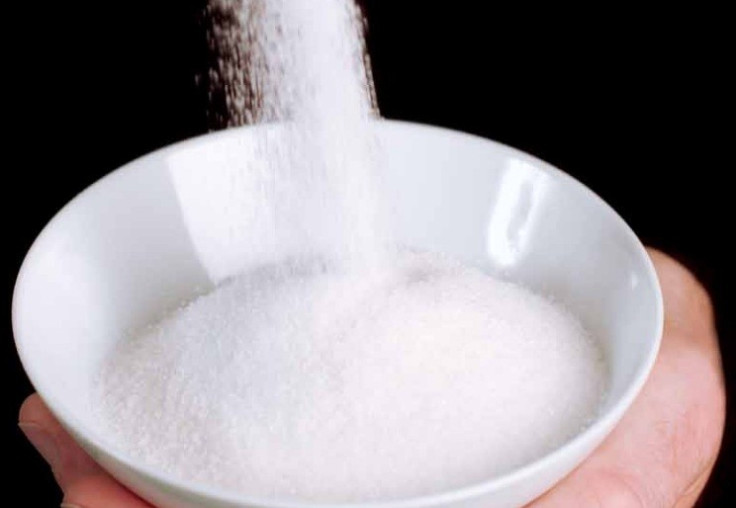NHS chief says sugar tax will be introduced into hospitals to tackle obesity epidemic

The NHS will start to charge more for high-sugar drinks and snacks sold in hospitals, making it the first public body in the UK to bring in a sugar tax.
The move will apply to sugary products sold in vending machines and cafes on hospital premises and aims to discourage patients, visitors and staff away from buying them.
The new rules will also apply to mental health and community service hospitals as well as local health centres and will be rolled out up until 2020. It is expected to generate up to £40m a year which will be diverted to helping improve the health of the NHS's 1.3 million workers.
NHS England chief executive Simon Stevens told The Guardian: "Because of the role that the NHS occupies in national life, all of us working in the NHS have a responsibility not just to support those who look after patients but also to draw attention to and make the case for some of the wider changes that will actually improve the health of this country."
He said that tackling the obesity crisis required tough measures in comments that come as the Government is coming up with a childhood obesity taskforce.
"Smoking still kills 80,000-plus people a year, smoking is still a huge problem. But it turns out that diet has edged ahead," he said.
Earlier this month, prime minister David Cameron hinted that he would drop his opposition to a sugar tax, saying that such a levy could help tackle Britain's obesity crisis. It has been revealed that 11.5 million people in the UK are at risk of developing Type-2 diabetes, posing a considerable public policy problem for the Government.
Simon Stevens said: "There is an important case for not doing this overnight with a big bang, but doing it on a phased basis. It's partly around re-educating our palates and the palates of our children.
"The effectiveness of doing this is about doing it in a way that enables tastes to change back to what they were not so long ago, before we put ourselves on a national sugar high," he told the newspaper.
© Copyright IBTimes 2024. All rights reserved.






